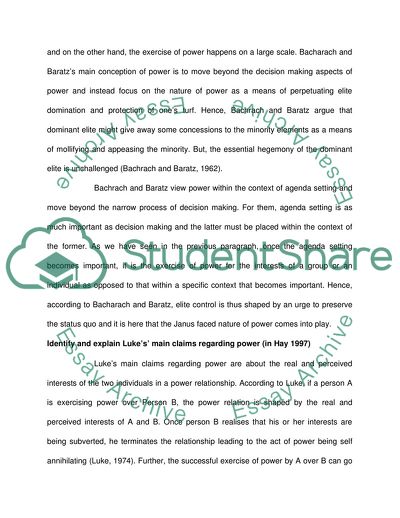Cite this document
(Review of Political Debate Outline Example | Topics and Well Written Essays - 1750 words, n.d.)
Review of Political Debate Outline Example | Topics and Well Written Essays - 1750 words. https://studentshare.org/philosophy/1725814-review-of-political-debate
Review of Political Debate Outline Example | Topics and Well Written Essays - 1750 words. https://studentshare.org/philosophy/1725814-review-of-political-debate
(Review of Political Debate Outline Example | Topics and Well Written Essays - 1750 Words)
Review of Political Debate Outline Example | Topics and Well Written Essays - 1750 Words. https://studentshare.org/philosophy/1725814-review-of-political-debate.
Review of Political Debate Outline Example | Topics and Well Written Essays - 1750 Words. https://studentshare.org/philosophy/1725814-review-of-political-debate.
“Review of Political Debate Outline Example | Topics and Well Written Essays - 1750 Words”. https://studentshare.org/philosophy/1725814-review-of-political-debate.


